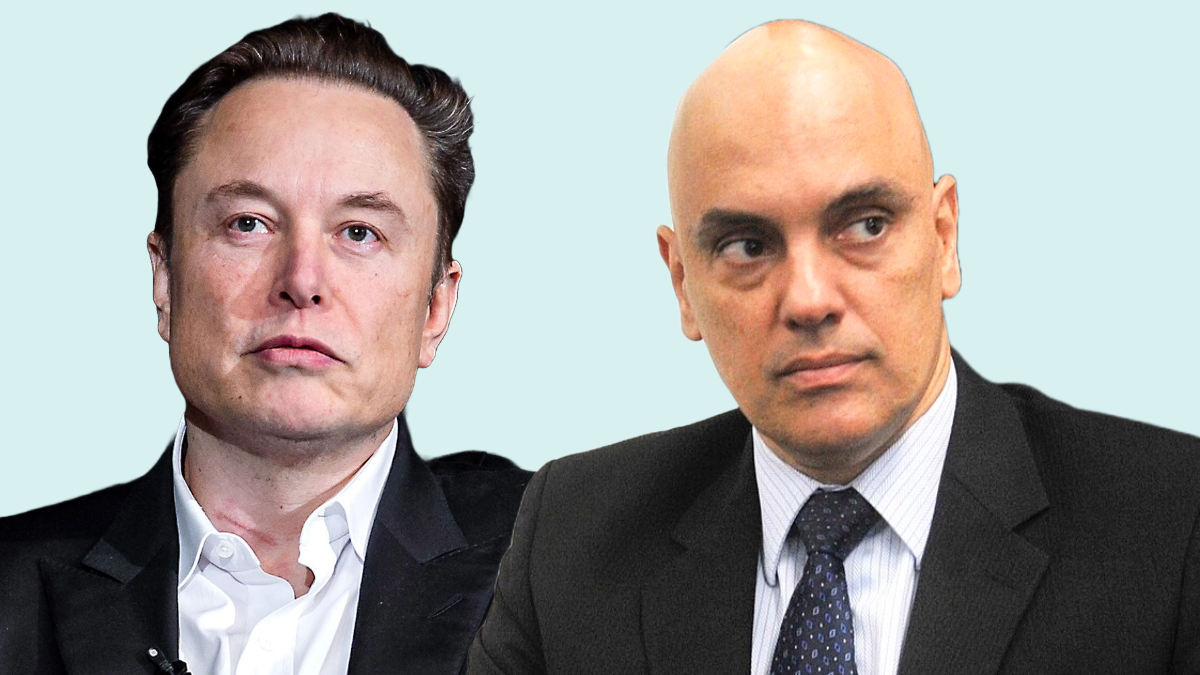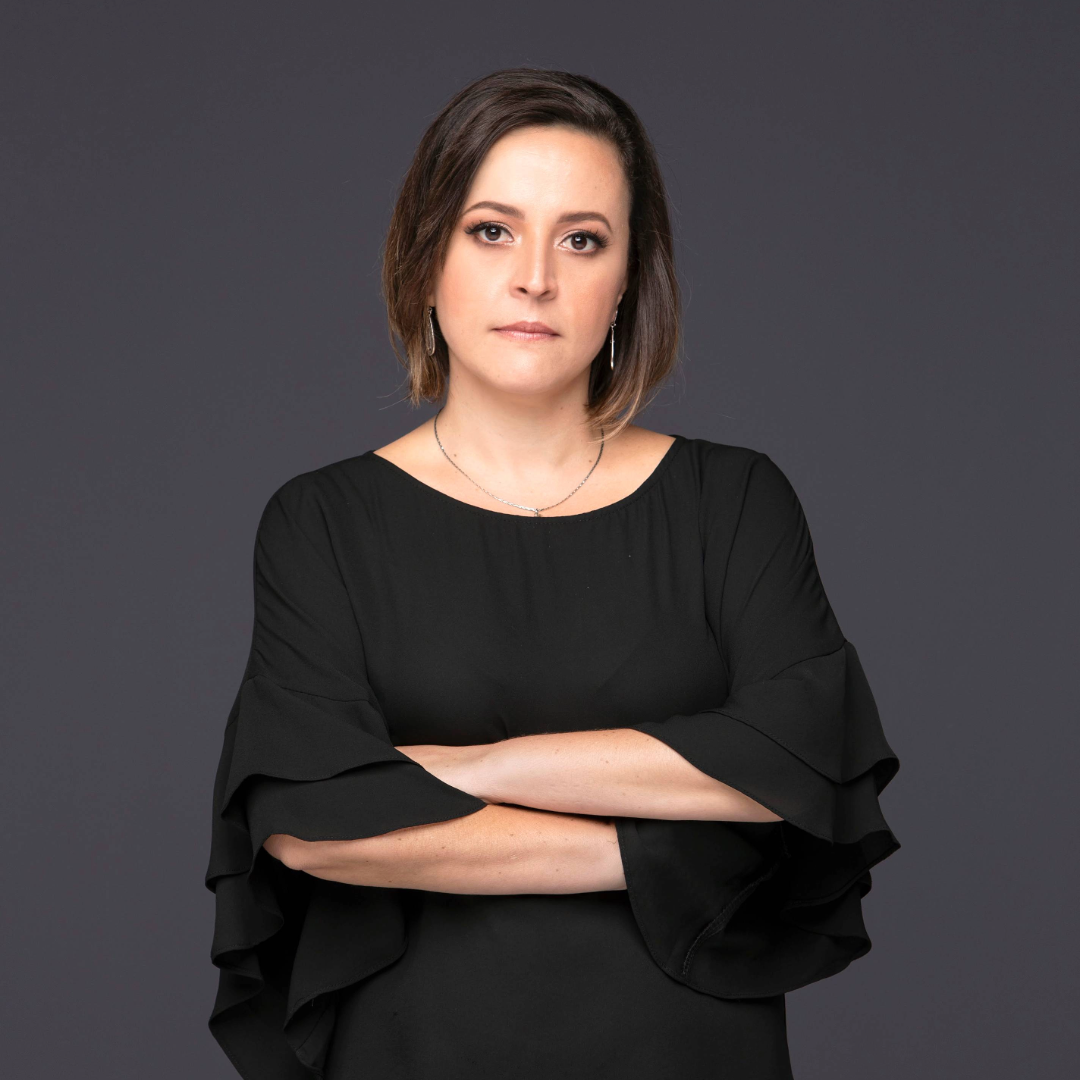With X Blocked in Brazil, Musk Doubles Down on Attacks Against Brazil’s Democracy Using Classic Tactics of Manipulation
Roberta Braga, Cristina Tardáguila / Sep 10, 2024
Social media platforms like X promise the world a digital “town square” conducive to healthy democratic debate. Today, X’s particular “town square” has become a breeding ground for division, distrust, and the spread of conspiracy theories (and it is no wonder: X cut 30% of its global staff and contractors working on trust and safety between 2022 and 2023, including 80% of its safety engineers. It is now beginning to hire again for those roles).
For years, stakeholders across disciplines have debated the responsibilities of social media platforms to the public. To operate in Brazil, companies are responsible for three requirements central to this debate: transparency, compliance with national laws, and the appointment of a representative in the country for accountability. In Brazil, X’s failure to adhere to these requirements triggered an unprecedented legal battle that led to its suspension on Friday, August 30.
The decision to block X, albeit controversial, was reaffirmed by Brazil’s Supreme Court in a 5-0 vote at the beginning of September. The decision follows a series of events stemming from Musk’s failure to comply with Brazilian law (Musk is under investigation for obstruction of justice and incitement to crime related to X’s role in potentially amplifying false, misleading and dangerous information that may have influenced the January 8, 2023 insurrection in Brasília.)
Rather than cooperating with the investigation, Musk has doubled down on denigrating Brazil’s judicial system using common tactics of manipulation associated with disinformation campaigns:
- Musk’s denigration campaign frames the complex issues of content moderation as a battle between him and Justice Alexandre de Moraes, which he does using classic scapegoating and false dichotomy tactics.
- The billionaire repeatedly calls Moraes a “dictator,” a “fake judge,” and Voldemort using ad-hominem attacks.
- Musk falsely claims, with no evidence, that the judge orchestrated an election interference campaign in 2022, something Musk does through the frame of red herring tactics.
- Musk has exclusively amplified the voices of Brazilian far-right politicians to deepen polarization.
- And, he continues to advance his ideological position through attacks against the democratically elected Lula administration using emotional language.
The online ecosystem in which we operate today is not the online ecosystem of the early 2000s. Social media platforms operating in democratic environments must contend with the divisions many platforms have exacerbated, and work to develop safer and more accountable spaces that can, once again, open up room for healthy democratic debate.
Musk’s hypocritical actions in countries like India and Turkey – where X complies with content moderation requirements – aside, Musk’s actions in Brazil could very well be a test run for his approach to other regions of the world, principally Europe. According to recent news, the European Union is close to classifying X as non-compliant with the Digital Services Act, which could result in historic fines of up to 6% of the social media platform's global revenue.
As governments and courts around the world begin to take a stand to enforce laws that apply to offline behavior online, social media consumers should be mindful of "charismatic individuals with large online followings” who, as Renée DiResta writes in her most recent book, are the new “invisible rulers.” The elite and powerful among them, like Musk, will aim to make immense profits while pretending to help ordinary people break free of the “lying mainstream media” and “corrupt institutions” under the guise of free speech.
Authors

